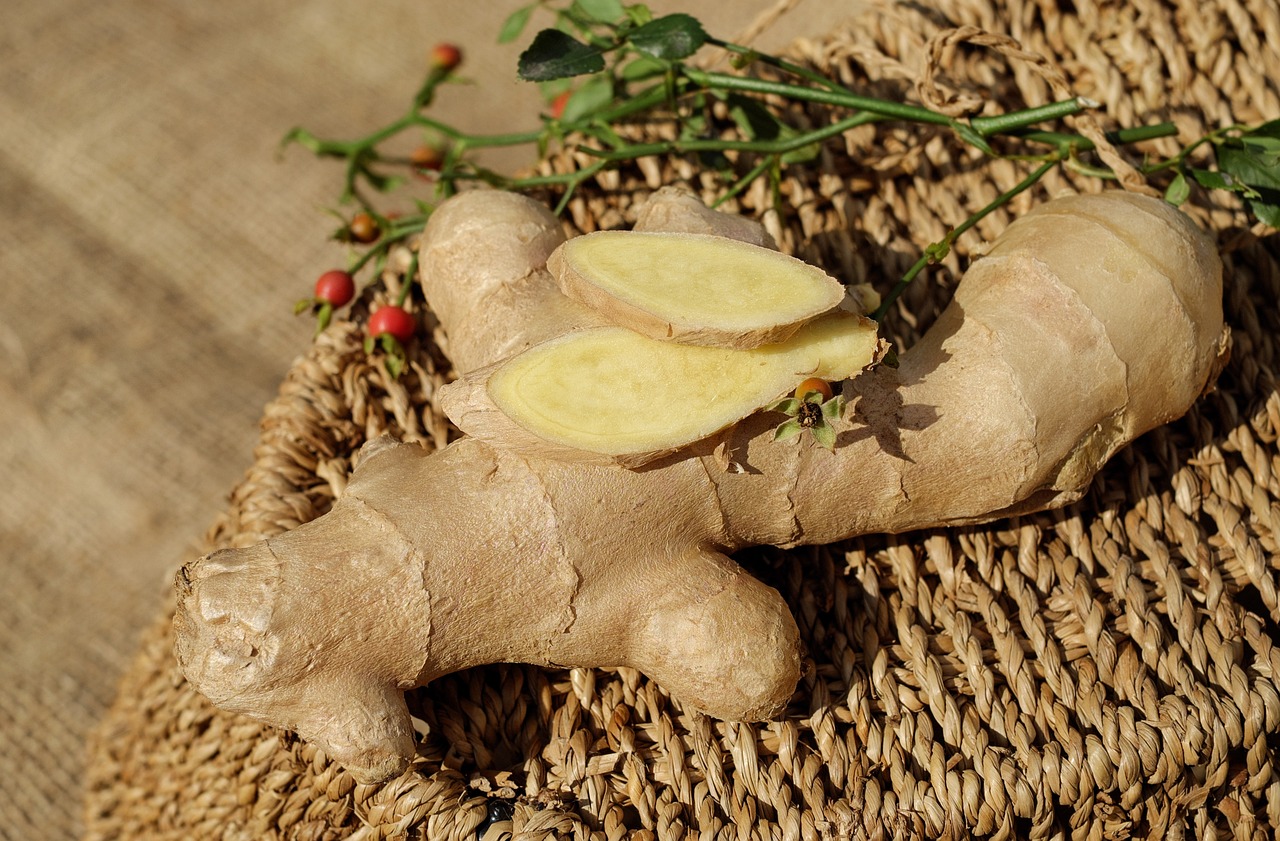“`html
In today’s fast-paced world, meal prep has become an essential practice for individuals aiming to maintain a healthy lifestyle while saving time and money. The concept of preparing meals ahead of time not only ensures that you eat nutritious food throughout the week but also reduces the stress of daily cooking. Whether you’re a busy professional, a parent, or someone looking to eat healthier, meal prepping can be a game-changer. In this blog post, we will explore the benefits, key components, and practical steps to effective meal prep.
Benefits of Meal Prep
Meal prepping offers a wide range of advantages that can improve your daily routine and overall health.
Time Efficiency
- By cooking in bulk, you can significantly reduce the time spent in the kitchen throughout the week.
- Less time shopping since you plan meals ahead and buy in larger quantities.
Cost-Effective
- Buying ingredients in bulk often leads to lower costs per meal.
- Reduces food waste since you cook only what you need.
Healthier Choices
- Allows you to control portions and ingredients, making it easier to eat healthier.
- Less temptation to order takeout or eat unhealthy snacks when prepared meals are available.
Stress Reduction
- Eliminates the daily question of “What’s for dinner?”
- Can relieve the pressure of cooking after a long day at work.
Key Components of Successful Meal Prep
To reap the benefits of meal prep, it is essential to understand its components and how to implement them effectively.
Planning Your Meals
Begin with a menu plan for the week. Here’s how to approach it:
- Choose 2-4 proteins (e.g., chicken, tofu, beans)
- Select 2-3 carbohydrates (e.g., rice, quinoa, sweet potatoes)
- Pick 2-3 vegetables (e.g., broccoli, spinach, bell peppers)
- Consider healthy fats (e.g., avocado, nuts, olive oil)
Grocery Shopping
- Make a shopping list based on your meal plan to avoid impulse buys.
- Look for seasonal produce to save costs and enjoy fresh ingredients.
Storage Solutions
Proper storage is crucial to keeping your meals fresh. Consider the following:
- Invest in high-quality glass or BPA-free plastic containers.
- Use freezer bags for items that can be frozen for later use.
- Label containers with the meal name and date for easy identification.
Simple Meal Prep Ideas
Getting started with meal prep can feel daunting, but there are many simple ideas to help you ease into the process:
Mix and Match Bowls
Create versatile bowls that allow for various combinations:
- Base: quinoa or brown rice
- Protein: grilled chicken, chickpeas, or hard-boiled eggs
- Toppings: diced avocado, cherry tomatoes, and spinach
- Dressing: olive oil and lemon juice or a yogurt-based dressing
Sheet Pan Meals
These meals require minimal clean-up:
- Select a protein (e.g., salmon or chicken)
- Add a variety of vegetables (e.g., broccoli, zucchini, carrots)
- Drizzle with olive oil, season, and bake!
Meal Prep Tips for Beginners
Starting meal prep doesn’t have to be overwhelming. Here are some tips for beginners:
- Start small: prep just a couple of meals for the week.
- Experiment with different recipes to find what you enjoy.
- Schedule your prep time – set aside a few hours during the weekend.
- Involve family members or friends to make it a fun activity!
Conclusion
Meal prep can revolutionize your approach to eating, making it easier to maintain a healthy diet while saving time and money. By understanding the benefits, planning your meals, and implementing effective strategies, you can seamlessly integrate meal prepping into your lifestyle. Remember that the key to successful meal prep lies in preparation and consistency. With practice, you’ll find that meal prepping not only simplifies your routine but also enhances your overall enjoyment of food. Start your meal prep journey today, and experience the difference it can make in your life!
“`






